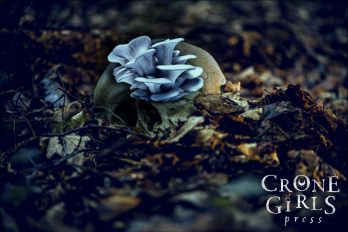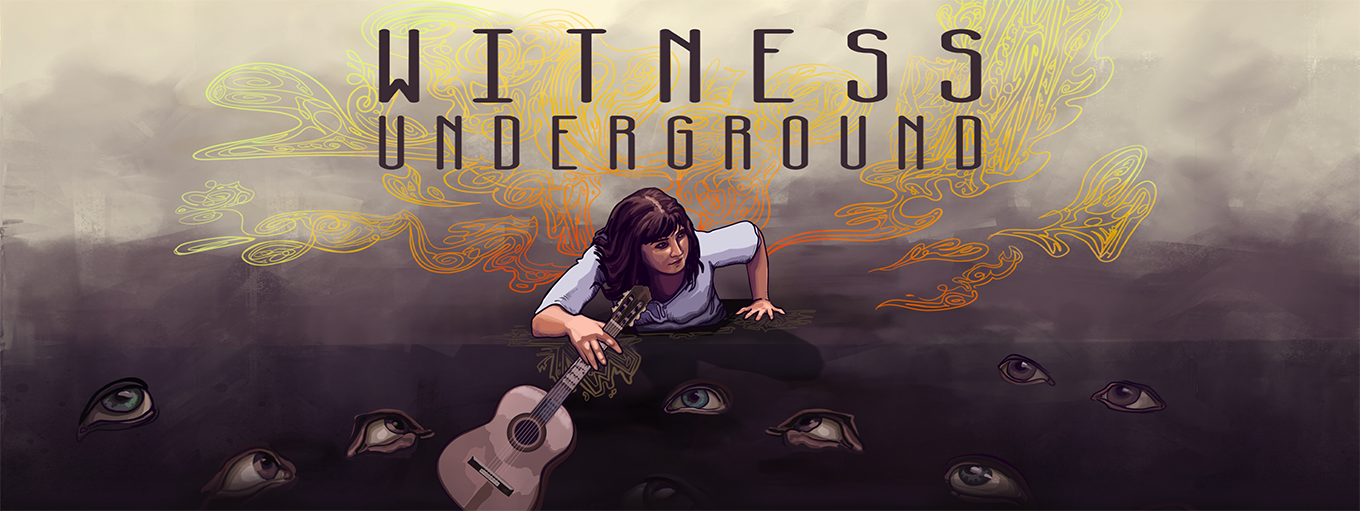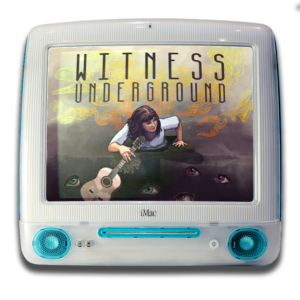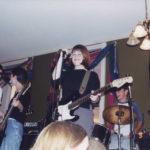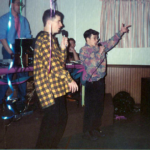By Rachel Brune
On March 19, 2020, I hit “publish” on an anthology of horror fiction.
Coppice & Brake: A Dark Fiction Anthology was the second anthology Crone Girls Press published, and it was also almost the last. Although there are many horror fans who dug into the genre during a global pandemic, it still wasn’t the best timing.
Still, deep in the dark void space that passes for my soul these days, I knew that if I kept publishing the dark, the creepy, and the liminal, our audience would find us, following the trail of moldy breadcrumbs to the feast of fear and terror that we’ve been serving up for eleven publications so far.
Speaking of mold, have you heard about what we have planned for our twelfth, full-length anthology?
So many stories to tell…
Our first volume of quiet horror, Stories We Tell After Midnight, Volume 1, brought readers a selection of stories I like to refer to as the anthology that would happen if Scary Stories To Tell in the Dark grew up and got depression and a mortgage. The stories within are a selection of tales that draw heavily on the tricks the mind can play on you, the evil hiding in plain sight, and the horror that can stem from the selfishness of a young child.
For three volumes, Stories We Tell After Midnight has followed the same idea as a series—find and publish the quiet horror, the terror that screams in your mind, even when your throat can’t make a sound.
For the fourth volume, we wanted to do the same—but different.
Mushrooms, spores, fungi…all the things that grow in the rot.
Thus Dark Spores: Stories We Tell After Midnight 4 popped out of our brains like a fairy ring of white mushrooms in your lawn after a suspiciously out-of-season thunderstorm. Carol Gyzander, my long-time writing and publishing colleague and now co-editor and associate publisher, joins me in this venture.
What inspired this, our first themed anthology? It’s hard to say, but when Carol suggested mushrooms as a theme, I looked around my kitchen, saw just how many mushroom-emblazoned items I had on the counter (I mean, who can resist a coffee mug with a mushroom on it? Definitely not me!) and said: “Of course!”
Like many small presses, we are endeavoring to invite people to become part of the project by chipping in through a Kickstarter campaign. This will allow us to offer not just your regular pre-orders, but also prizes and rewards like a mid-campaign backers’ Zoom party, with author readings and door prizes. If you like eating mushrooms as much as reading about them, we have a kitchen witch cooking up a custom recipe, which she will share through a Zoom cooking lesson.
And the authors within these pages? How do these names sound? Nicholas Kaufmann, Gabino Iglesias, Randee Dawn, Lee Murray, Angela Yuriko Smith, Gwendolyn Kiste—and those are just the authors we’ve announced so far! Tomorrow (May 14th) we will announce another slate of writers we love who have agreed to share their fungus—er, their fungus stories—with us.
In addition to the stories, a number of authors are contributing some rewards of their own. We have several books for your TBR pile, as well as the chance to die a grisly death (or, roll the dice, maybe you’ll survive!) by Tuckerization in one of our other author rewards.
How do I get in on this sporiffic campaign?
Easy! Check out the Dark Spores: Stories We Tell After Midnight 4 Kickstarter campaign. We’ve got backer levels designed for people who like digital books, readers who like paperback books, and readers who want a copy of the paperback book but only to put it on their shelf because they read everything on their e-reader. Yes. We see you.
We hope you’ll check it out! And in the meantime, I want to give a quick shout-out to Elizabeth Donald and The Literary Underworld. She contributed a story to that very first Stories We Tell After Midnight volume, followed by another in Coppice & Brake. She’s been a supporter of Crone Girls Press since the beginning, so if you happen to see her at an event, tell her we said hello! (And then buy some books…)
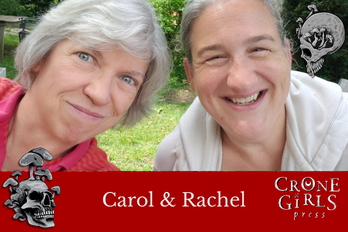
Rachel A. Brune graduated from the NYU Tisch School of the Arts in May 2000, and was immediately plunged into the low-stakes world of entry-level executive assistantship. Her unexpected journey out of that world and into the military is chronicled in her self-published book Echoes and Premonitions. Rachel served five years as a combat journalist, including two tours in Iraq, and a brief stint as a columnist for her hometown newspaper. After her second tour, she attended graduate school at the University at Albany in NY, where she earned her M.A. in political communication, and her commission as a second lieutenant in the military police corps.
Although her day job has taken in her in many strange, often twisted directions, Rachel continues to write and publish short fiction. She released her first novel, Soft Target, in early 2013, and other books have followed. In addition to writing, she is the founder and chief editor at Crone Girls Press and edits the Falstaff Dread line of horror fiction at Falstaff Books.

